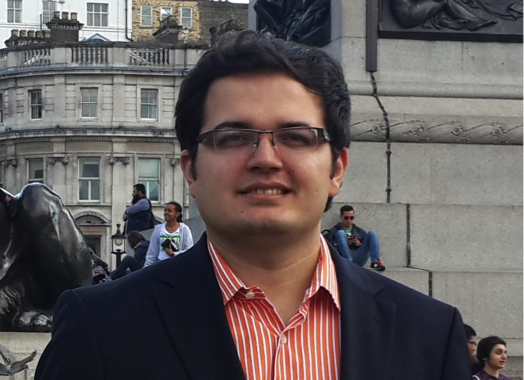
Dr. Ihsan Ayyub Qazi, Assistant Professor of Computer Science at LUMS, recently gave research talks at The Massachusetts Institute of Technology (MIT) and Harvard University on Internet censorship. He spoke about his recent work on measuring Internet censorship and its impact on the Internet’s advertising ecosystem.
In the first half of his talk, he discussed C-Saw, a platform for measuring Internet censorship at scale. Collecting continuous and reliable censorship measurements requires diverse and globally distributed monitors. Measurement systems that rely on volunteers to act as probe points have seen limited deployment as users often have little incentive to help gather continuous measurements. C-Saw addresses this long-standing challenge by offering small page load times to users and thus incentivizes them to opt-in. (A preliminary version of this work appeared in ACM HotNets 2015)
In the second half of his talk, he described C-Adverts, a system for serving relevant ads, while allowing users to receive the benefits of anonymity tools (e.g., Tor). Advertising systems play a key role in online digital marketing by channelising relevant ads from advertisers to users, via the publishers. When users in a censorship regime attempt to access blocked content through a proxy relay, they often observe a decrease in the relevance of ads. This not only frustrates users but also adversely impacts the advertising campaign. C-Adverts addresses this challenge by leveraging the insight that the ads served by advertising systems are usually hosted on domains that are different from the publisher domains and are almost always uncensored.
During his visit, Dr. Qazi met several faculty members at MIT and Harvard University including Dr. Sam Madden (MIT), Dr. Mohammad Alizadeh (MIT), Dr. Fadel Adib (MIT), Dr. Stratos Idreas (Harvard) and Dr. Margo Saltzer (Harvard). He also met several LUMS alumni during his visit.








